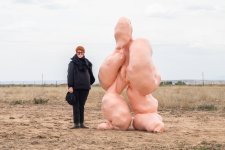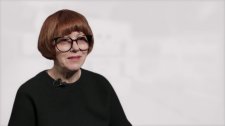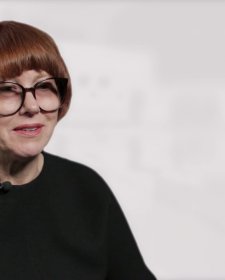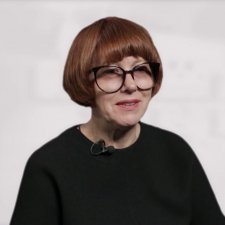- About us
- Support the Gallery
- Venue hire
- Publications
- Research library
- Organisation chart
- Employment
- Contact us
- Make a booking
- Onsite programs
- Online programs
- School visit information
- Learning resources
- Little Darlings
- Professional learning
Robert May, Baron May of Oxford OM AC (1936–2020), physicist, chemical engineer, chemist, ecologist and mathematician, once described himself as a 'scientist with a short attention span.' Born and educated in Sydney, where he received his PhD in experimental physics in 1959, he lectured at Harvard, Sydney and Princeton before taking up a joint professorship at Imperial College London and Oxford. He was chief scientific adviser to the British government from 1995 to 2000; president of the Royal Society from 2000 to 2005; and a crossbench member of the House of Lords from 2001 until 2017. His copious honours include the 2007 Copley Medal, awarded by the Royal Society for outstanding achievement in any branch of science. Much of May's research examined the dynamics of ecosystems and their response to disturbances – in consequence, his voice was pre-eminent among those urging coordinated action on climate change.
Polly Borland photographed May holding a stuffed thylacine – a species that became extinct the year he was born – to signify May's interest in population change. He said that holding it made him feel as if he had wandered into a Monty Python sketch.
Purchased 2001
© Polly Borland



On one level The Companion talks about the most famous and frontline Australians, but on another it tells us about ourselves.



Polly Borland talks to Oliver Giles about the celebrity portraits that made her name and why she’s now making more abstract art.



Australian photographer, Polly Borland, describes the hectic experience of photographing Her Majesty Queen Elizabeth II.